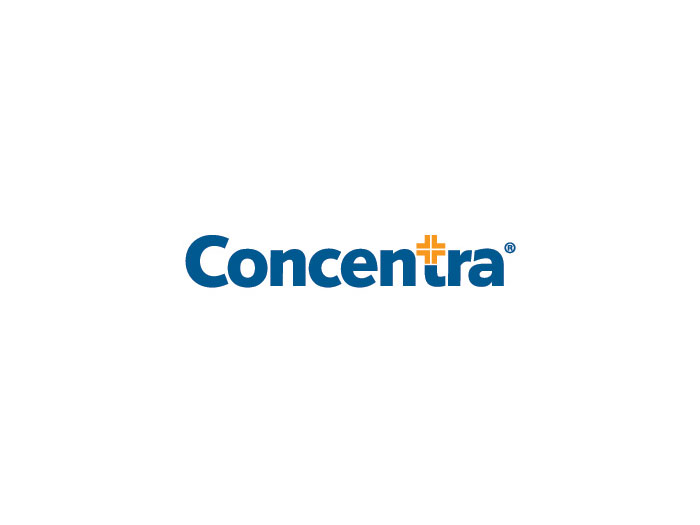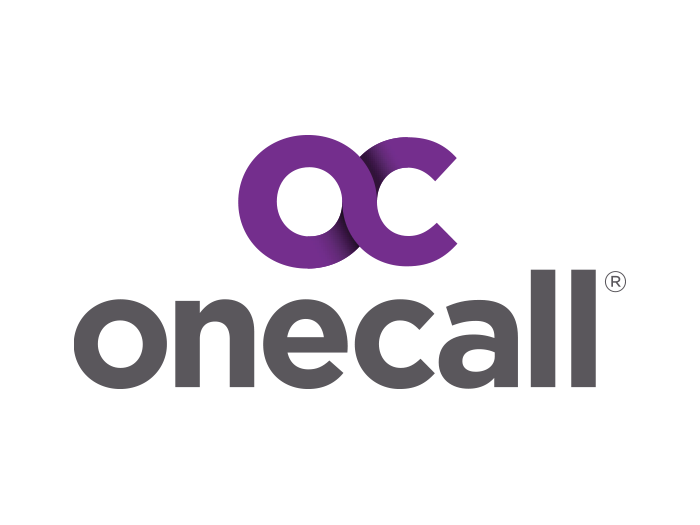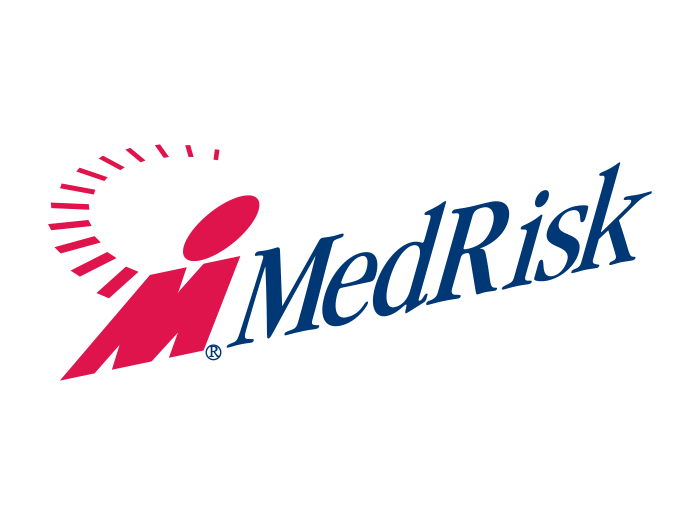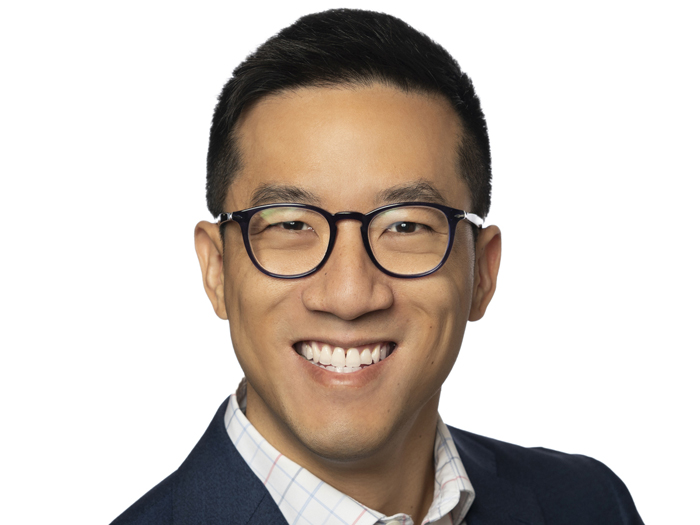Risk Insider: Jeff Driver
Joan Rivers: Can We Talk?
This is the first in a two-part Risk Insider post on the death of Joan Rivers.
Can we talk?
These three simple words in the frame of a question represent one of the most immediately familiar signature lines of one of the world’s best known, beloved, and yes, sometimes delightfully chagrined comic personalities, Joan Rivers.
I, for one, absolutely adored Joan Rivers. Talk? Oh yes, did she ever! Ms. Rivers once told an Australian interviewer, “My big thing originally was to say, ‘Can we talk?’ meaning, ‘Can we tell the truth?’ ”
Spanning a career of five decades, Ms. Rivers became famous for her unique, no-holds-barred opinions on just about any and every subject or person, including herself, always combined with hard-hitting comic expressions that left her fans wanting more. Some say that at 81 years of age, she was at the height of her career.
The grim daily news that played out in late August and early September 2014 revealed that Rivers had suffered successive respiratory and cardiac arrests, coma, and eventually death following a “routine” elective medical procedure, casting a family, close friends, and a nation into immediate shock, heartbreak and grief.
For health care risk managers, our trained minds must temporarily compartmentalize and suspend these human emotions and immediately go into a careful, deliberate, and methodological investigational gear. We know that in the early days and weeks, if not months of looking into an unexpected medical outcome, the inquiry will, more likely than not, defy an immediate or even quick or simple causative explanation.
The national discourse in the immediate aftermath of Rivers’ death is unfortunate and representative of a repeating pattern of quasi-factual, patient-specific medical information aired in the public forum in cases involving tragic medical outcomes. This dialogue is marked by some combination of minimally verified facts, speculation, misinformation, a rush to judgment, and vilification of medical professionals.
This is followed by a hush in the risk management and medical communities due to privacy laws, resulting in a dearth of factual public follow-up to explain the medical result. This pattern risks leaving the American public with an impression that they may be unsafe seeking medical care within the nation’s medical system, or that nearly every unexpected medical outcome is due to an error (queue the lawyers).
The fact of the matter is, while there are preventable medical errors that do occur in the practice of medicine, and we all must continue to do all that we can to ensure they do not happen, the majority of unexpected outcomes and serious complications, including death, cannot be prevented.
On the other hand, if it comes to bear that a medical error causes harm, disability or death, only an open, honest, and transparent discussion coupled with an apology and appropriate compensation will advance patient safety and individual healing.
In any case, we must become even more proactive: We must educate. We must be honest and transparent. We must learn and act.
We must speak wherever, whenever, and however we can about the practice of medicine and its limitations and vulnerabilities, including when errors occur, and always within the respectful confines of personal individual privacy and dignity. We must tell the truth.










